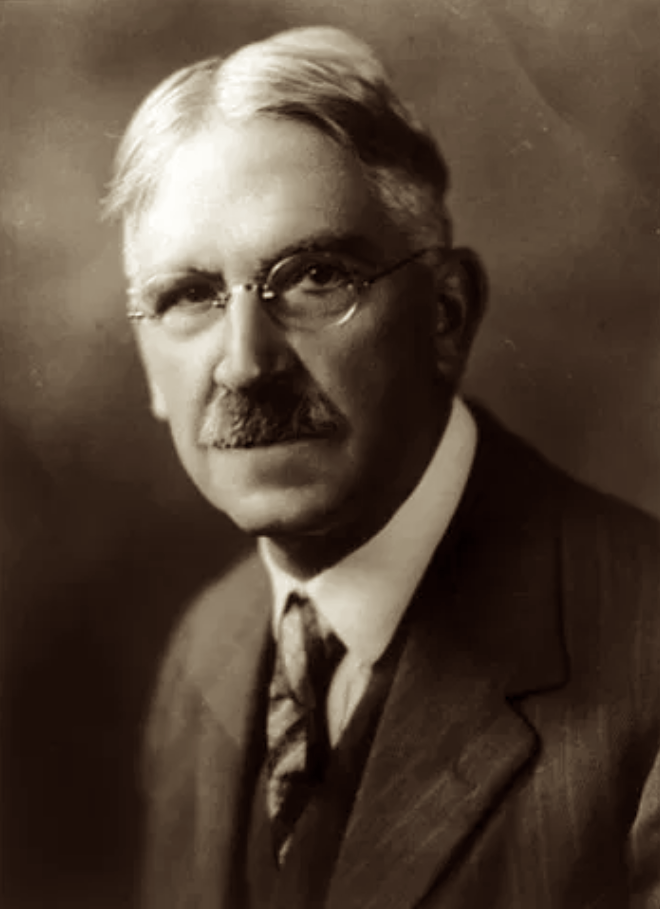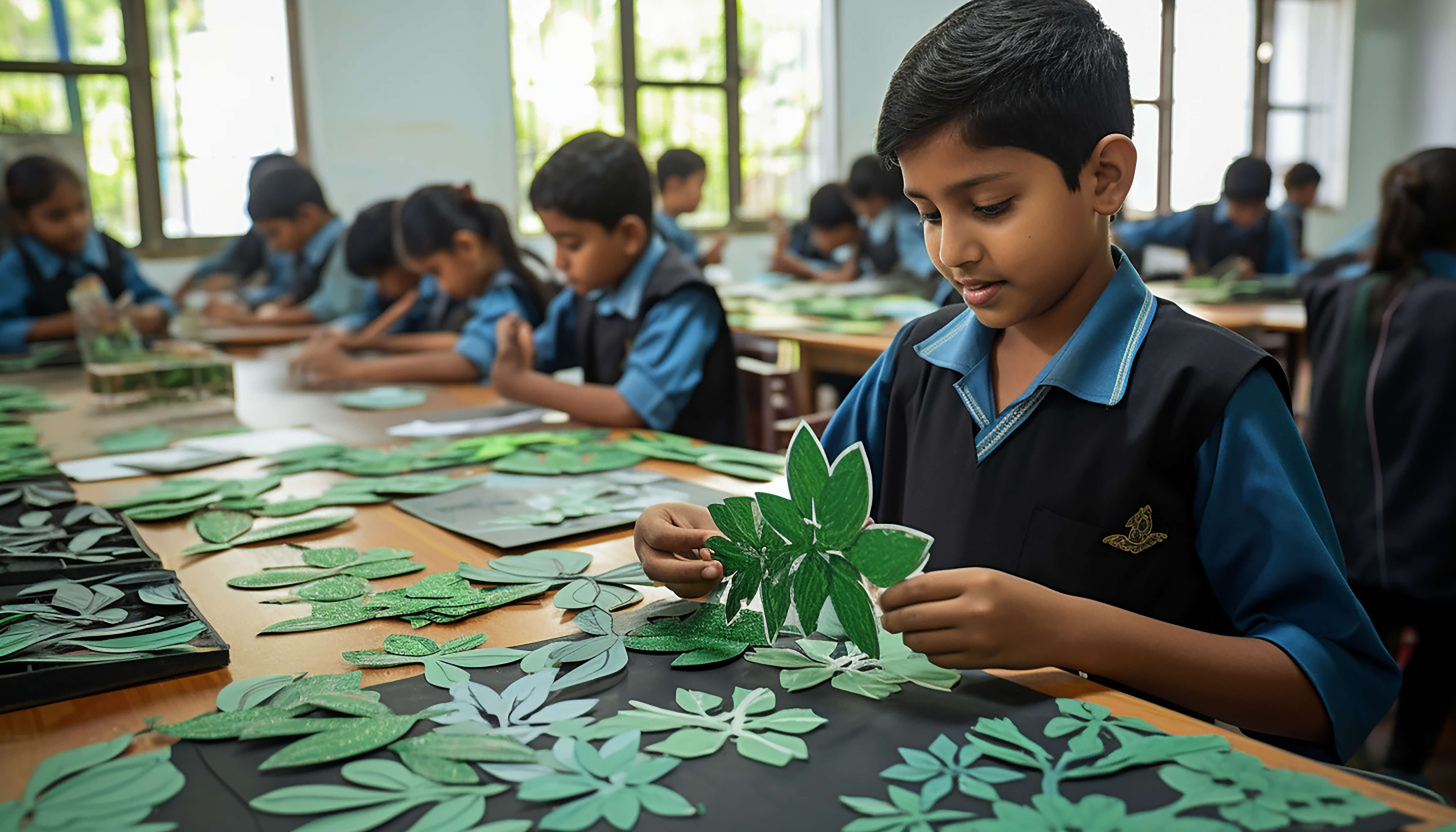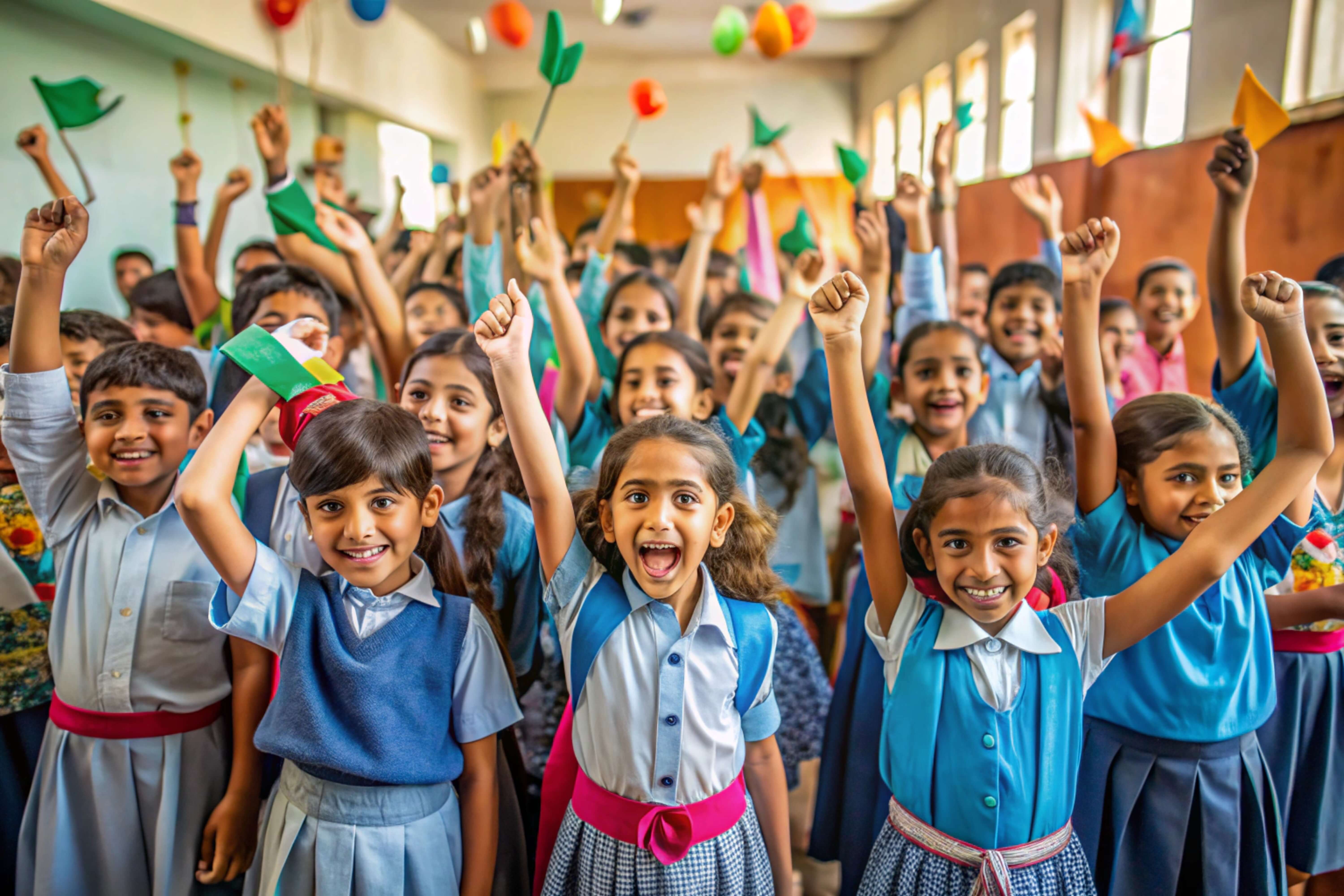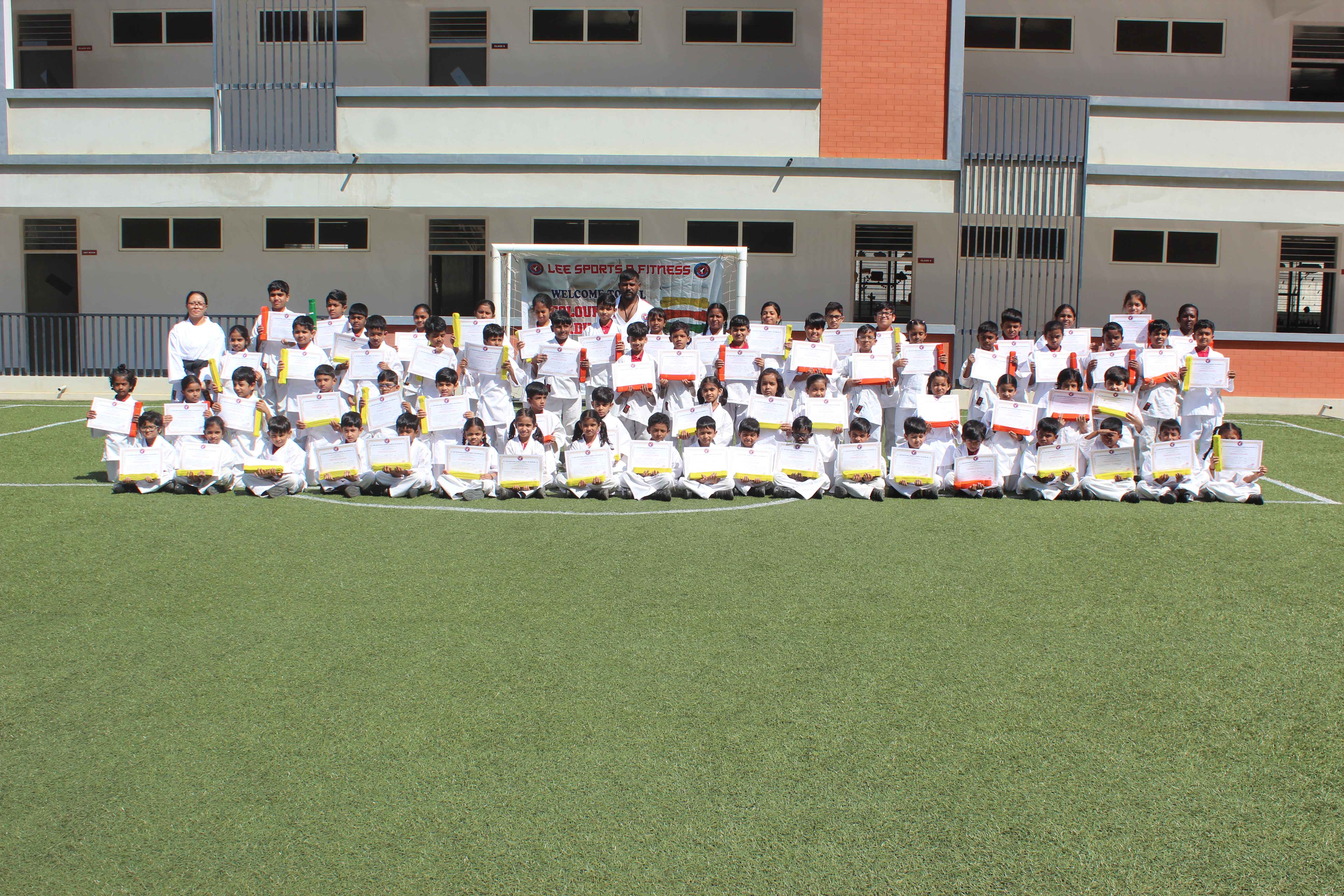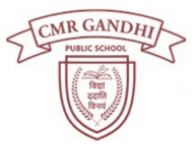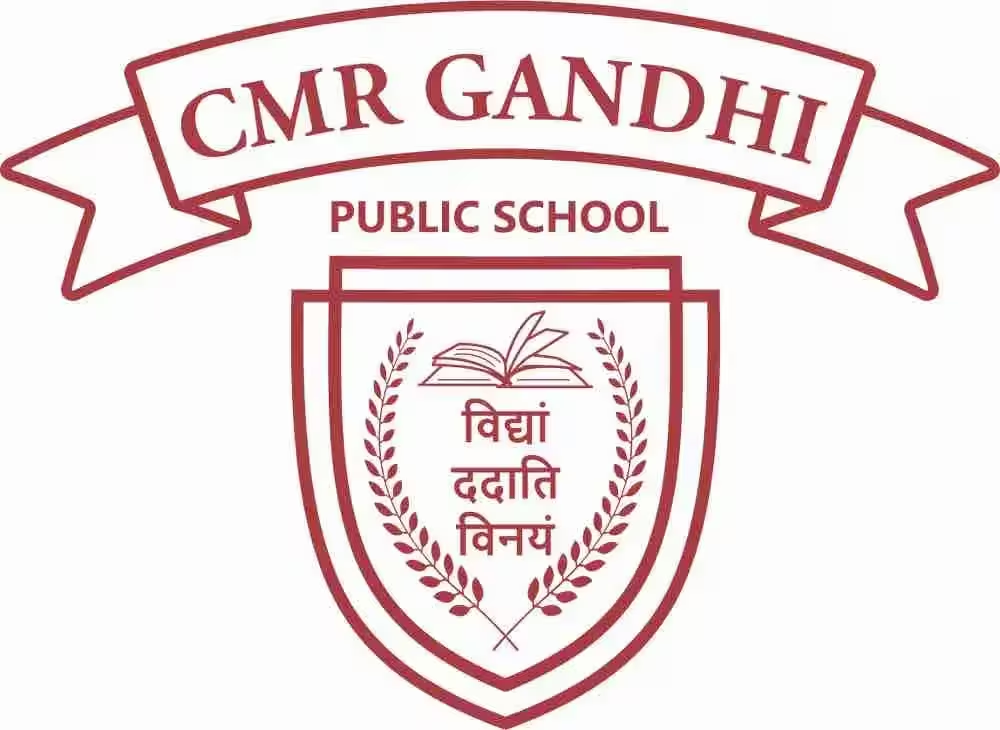The Merriam Webster Dictionary embraces the word ‘coronial’ to describe children conceived or born during the pandemic. The word has been used in the context of many adults discussing the unique experiences of young children during a pandemic. Among such concerns is whether an education system designed in a pre-pandemic era has any relevance to “COVID kids” or “quaranteens”. Luckily, the educational philosophies that have shaped modern education may stand the test of time once again.
American philosopher and educationist John Dewey’s ideas theories have made a lasting impact on school systems across the world. His written works have provided several generations of educators a clear insight of what should be taught in a classroom and how it should be taught.
Dewey strongly opposed the idea that children were passive recipients of information. Rather, he would view a child’s impulses, beliefs, emotions and personality as a work-in-progress, constantly transacting with and adapting to a dynamic world. The knowledge that would enrich a child’s life in her early years ought not to be limited to textbooks alone. Through a methodical approach, teachers must guide children in a path of learning through meaningful activities and experiments. In the long run, a child can better remember and appreciate the lessons she learns through active participation in exciting classroom activities rather than mere rote work or orthodox teaching methods.
Dewey considered educators with the highest esteem. He remarked that while a professional such as a doctor or a lawyer may complete her task when a patient is cured or a client’s case is resolved, an educator must ensure that each classroom session delivers a positive impact to a child’s lifelong development. A negative school experience, a boring lecture or a incomprehensible lesson may hamper a child’s interest in a subject – while many may consider this a common childhood experience with trivial consequences, children may arrive at negative/incorrect conclusions about the world based on a negative or disjointed school experience. Hence, the educator must carefully plan her educational resources and place it in context (prevailing socio-economic circumstances, local community and a child’s background) to ensure that her students receive effective and positive education.
In the early years of the 2020s, it has become apparent to parents, teachers and senior students that school education can no longer be limited to the static information contained in prescribed textbooks. However, younger children may have little or no pre-context to a life before the pandemic and may not be able to appreciate the changes necessitated in our education system in the past two years. Moving from simple cause-and-effect learning (e.g. ‘wash your hands to be rid of germs’) to a wider base of knowledge (appropriate social and cultural norms to prevent pandemics, manage natural disasters and support the community) requires parents and teachers to incorporate textbook chapters into present-day context, actively address the past and the present, and encourage creative freedom. We must acknowledge that the process of learning does not cease simply because schools are not operating in the usual physical context of a classroom, desk, chalkboard, uniform and strict rules. In order to develop their maturity in later years, young children require a strong knowledge base today – this knowledge cannot be divorced from a re-evaluation of our present circumstances and creative reformulation of school curriculum.
When physical classrooms are permitted, we need not fear that younger generations have missed out on a vital stage of their development due to virtual schooling. With a principled approach towards progressive learning, “Coronial” may become synonymous with a “golden generation”.



